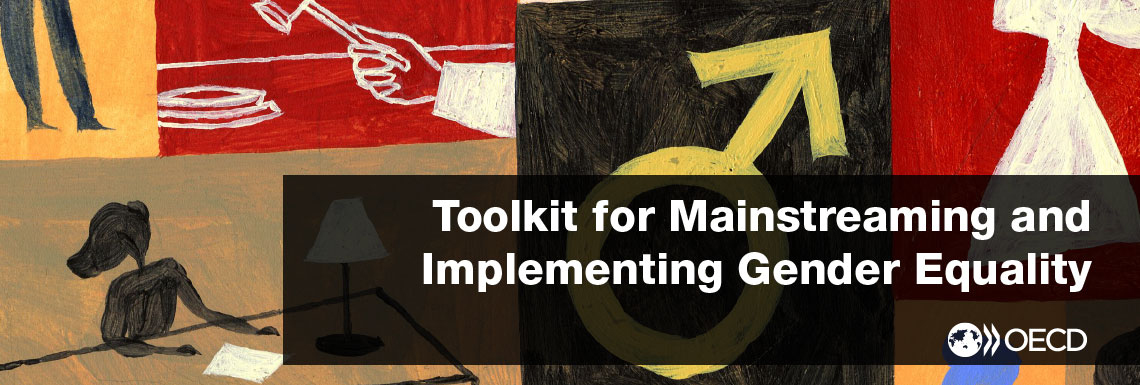Judicial selection and appointment procedures help reduce gender gaps within judicial posts
SELF-ASSESSMENT QUESTION
- Have selection and promotion procedures been scrutinized for possible gender bias?
- Have gender equality/gender balance requirements been included into the composition of selection committees (or equivalents)?
- Have judicial selection committees (or equivalents) received training to mitigate potential implicit gender-bias within selection and appointment procedures?
WHY IS IT IMPORTANT?
Efforts to promote a gender-balanced judicial workforce and selection on merit are not incompatible. As OECD findings have pointed out, the way public examinations are organised in the judiciary may not always support women’s judicial career progression to the top. A transparent selection process can lead to a larger influx of women into the judiciary. Appointment commissions can be helpful in responding to judicial gender inequities. While there is no hard evidence, commissions that are more diverse tend to nominate a more diverse group of candidates (OECD, 2014).
ACTIONS TO CONSIDER
- Ensure a gender balanced composition of both selection panel and candidates.
- Develop gender-sensitive interviewing guidelines for the selection panel;
- Provide feedback to unsuccessful candidates, if possible including on performance;
- Ensure that committees responsible for judicial appointments work closely with gender equality support mechanisms within justice sector. These support mechanisms can provide guidance and feedback on the selection process through a gender perspective.
PITFALLS TO AVOID
- Insufficient encouragement of women to apply, especially in application based systems.
COUNTRY EXAMPLES
Canada
In 2016, Prime Minister announced a new process for appointing Supreme Court of Canada Justices. The process “is open, transparent, and sets a higher standard for accountability. (…) For the first time, any qualified Canadian lawyer or judge may apply for appointment to the Supreme Court of Canada through the Office of the Commissioner for Federal Judicial Affairs.” This new procedure is explicitly guided by the wish to create gender balance in the Supreme Court: “In establishing a list of qualified candidates, the Advisory Board will also seek to support the Government of Canada’s intent to achieve a Supreme Court of Canada that is gender-balanced and reflects the diversity of members of Canadian society.”7
The Canadian government also announced reforms to the federal judicial appointment process after reviewing the pre-existing application process and consulting with key stakeholders. On October 20, 2016, the Government started the process of reconstituting all Judicial Advisory Committees in order to make them more representative of the diversity of Canada. A public application process for the Public Representative positions was launched, and diversity and unconscious bias training has been developed. The Office of the Commissioner for Federal Judicial Affairs (CFJA) is mandated to collect and publish statistics and demographic information on those who apply for judicial office and those who are appointed to ensure transparency.
Hungary
The Supreme Court, National Office for the Judiciary, and all high and regional courts of appeal in Hungary are obliged to prepare and release ‘’Equal Opportunities Plans’’ to promote equal opportunities within the judiciary., These plans also enshrine a local whistle-blowing system in the judiciary by the appointment of an Equal Opportunities Rapporteur receiving complaints and managing complaint procedures regarding gender bias in judicial selections and appointments.
France
In France, gender parity is sought in the composition of selection panels for the recruitment of judges and advancement committees. In addition, selection panels for the recruitment of judicial officers in all commissions and bodies under the authority of the Prime Minister, Ministers, or the Bank of France including the Civil Service Ethics Commission, the Conciliation and Customs Expertise Commission and the Superior Court of Arbitration are obliged to respect gender parity.

